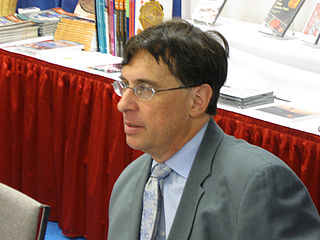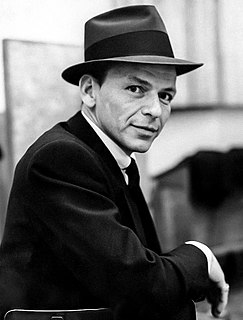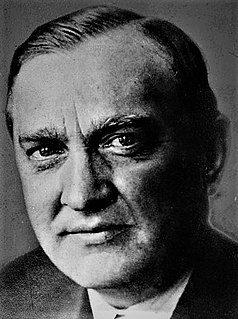A Quote by Steven G. Krantz
Being a mathematician is a bit like being a manic depressive: you spend your life alternating between giddy elation and black despair.
Quote Topics
Related Quotes
Selling your apartment in New York is like dating a manic-depressive.. you get used to cycles of elation and despondency. Every time someone would come to see the apartment, there was the thrill of the date. You want to be presentable, so you clean the place up, make sure it smells good, put on some mood lighting and mellow music.
I knew I was a manic depressive when I was 13 or 14, and I loved it. I always told people what I had, and I was always cresting on a manic wave. I used it, willingly and happily, and it was an extraordinary experience. When I got hit with the depressive side - Boom! - yes, it was horrible and unendurable, but that's part of the story.
What I've learned in my life, it's a very interesting social study for me, to go back and forth between being the guy at home and being the guy on the road and being the guy in studio and being the guy in the interview. The environment around you has so much to do with your character, and when I'm home, my character really changes quite a bit.
The saying is, life is short, but what if it's not? But if life is short, is this how you would like to spend your last days? And if life is long, is this how you want to spend 50, 60, or 70 years? Being ashamed? Being quiet? Hoping no one notices you? Not telling the truth? Walking around heavy? If I die in my sleep tonight, God forbid, I am happy with how I've lived my life. I've lived it truthfully.
Compared with the person who is conscious of his despair, the despairing individual who is ignorant of his despair is simply a negativity further away from the truth and deliverance. . . . Yet ignorance is so far from breaking the despair or changing despair to nondespairing that it can in fact be the most dangerous form of despair. . . . An individual is furthest from being conscious of himself as spirit when he is ignorant of being in despair. But precisely this-not to be conscious of oneself as spirit-is despair, which is spiritlessness. . . .







































